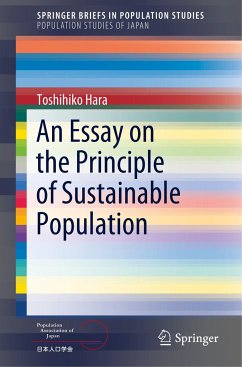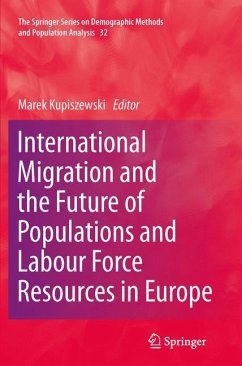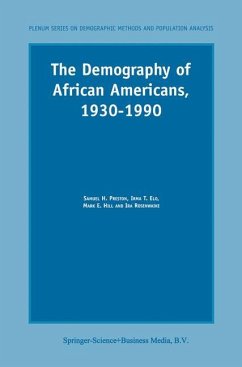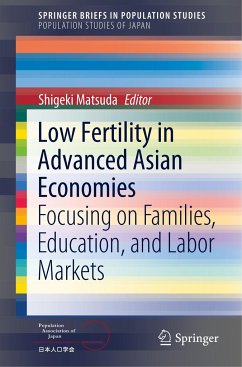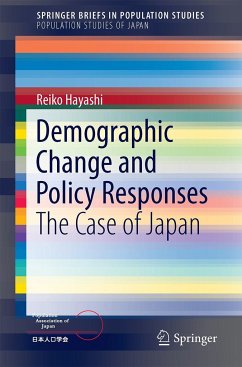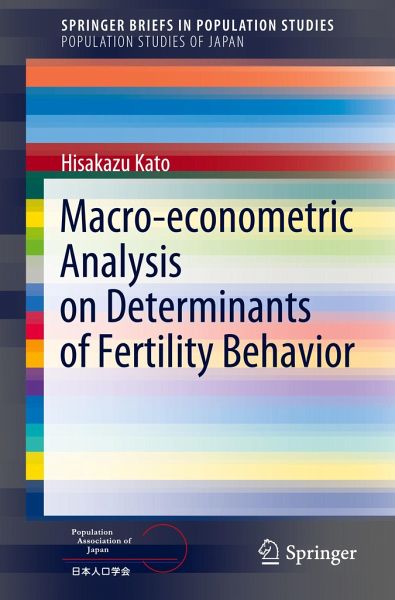
Macro-econometric Analysis on Determinants of Fertility Behavior

PAYBACK Punkte
23 °P sammeln!
The book comprises three chapters, with each chapter assigned various type data such as time series data, cross sectional data and panel data. The purpose of this book is to explore the economic and social determinant factors of fertility. Unlike many previous empirical analyses of fertility and the related demographic events, this research has three characteristics. The first is that the relationship between fertility and labor participation by females is thoroughly considered, with much discussion about the structural change between those factors. The second is that time series analysis such...
The book comprises three chapters, with each chapter assigned various type data such as time series data, cross sectional data and panel data. The purpose of this book is to explore the economic and social determinant factors of fertility. Unlike many previous empirical analyses of fertility and the related demographic events, this research has three characteristics. The first is that the relationship between fertility and labor participation by females is thoroughly considered, with much discussion about the structural change between those factors. The second is that time series analysis such as the Bayesian vector autoregressive (BVAR) model or co-integration concepts is applied to explore the determinant factors of fertility. The third is that the effectiveness of public policies related to improve fertility is confirmed. In recent years, micro-econometric analysis has become popular; however, this book takes another approach from the perspective of macro- or semi-macro-econometrics.





